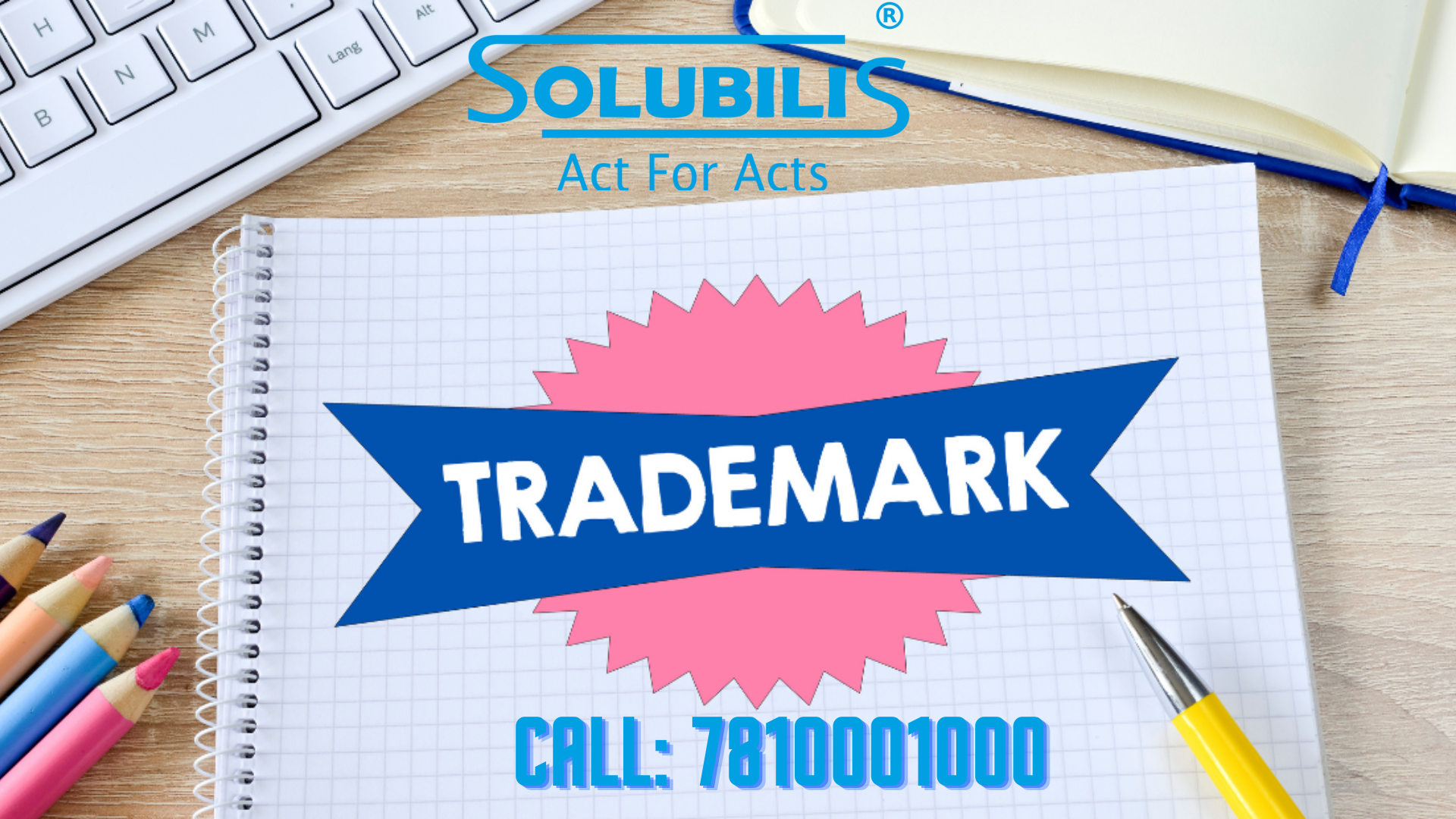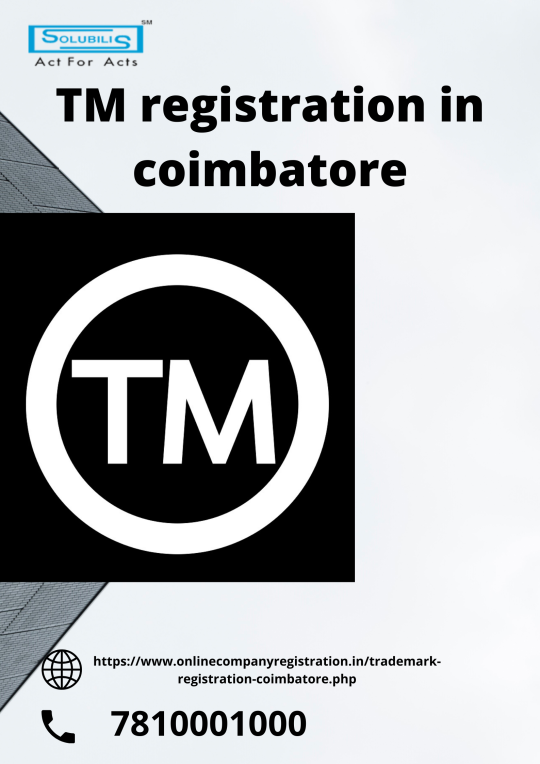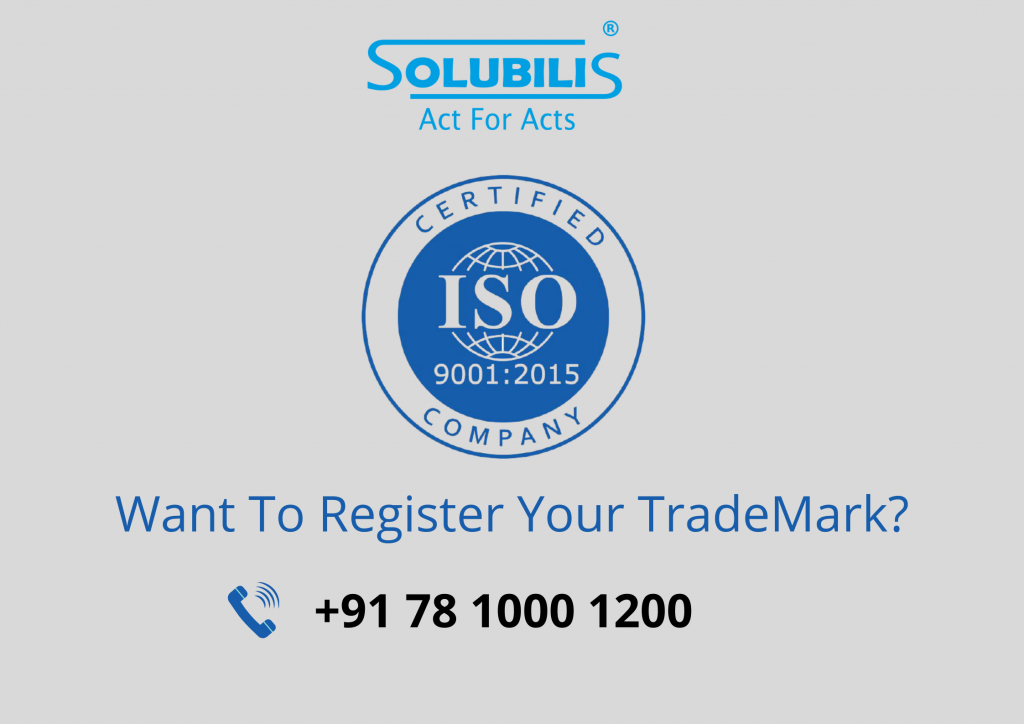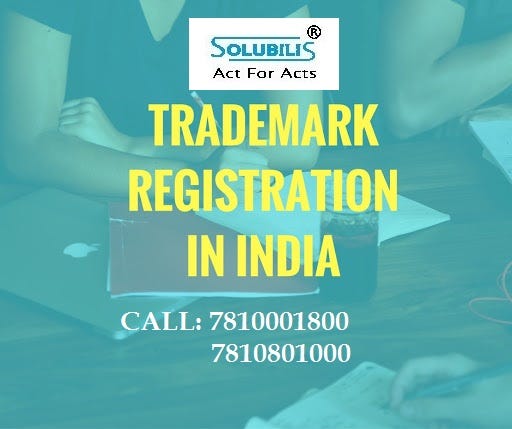Does the use of trademark as ‘keywords’ amount to trademark infringement?
In the Internet time, it is regular to peruse web crawlers to search for specific labor and products. The term ‘watchword advertising’ has not been characterized under the Trade Marks Act, 1999 (“Act”) or some other Indian resolution. Notwithstanding, Google help focus characterizes the term Keyword as, “Words or expressions portraying your item or administration that you decide to help decide when and where your promotion can appear.”[1] The inquiry that emerges here is that truly does utilization of outsider trademark as watchwords add up to trademark infringement?. Does the use of trademark as Use of trademark as ‘keywords’ amount to trademark infringement – Trademark in Erode is what we are going to be discussed in this article.

Trademark Infringement under the Statute
Section 29 (1) of the Act, gives that an enlisted trademark registration is infringed when an outsider purposes indistinguishable or misleading comparable mark over trade. Further, Section 29 (6) of the Act explains that an individual purposes registered mark if –
“… (b) makes or uncovered merchandise available for purchase, puts them available, or stocks them for those reasons under. The registered trademark, or offers or supplies administrations under the enlisted trade mark;
…(d) utilizes the registered trademark registration on business papers or in promoting.”
It is hazy if the utilization of a watchword, adds up to the utilization of the mark in course of trade and as ad under Section 29 of the Act.
Judicial Interpretation
The issue of keyword advertising came up under the steady gaze of the Madras High Court on account of Consim Info Pvt. Ltd. v. Google India Pvt. Ltd. also, Ors. [2010 (6) CTC 813], wherein the plaintiff professed to be enlisted owner of 22 trademarks like Bhart matrimony, Tamil matrimony, Telegu matrimony, and so on. The fact that the respondent no makes the insulted party bothered. 1 (Google India Pvt. Ltd.) was involving its trademarks as watchwords for promoting the sites of respondent no. 2 and 4 (owners of the wedding administration online interfaces). The plaintiff fought that the utilization of its registered marks in the ad title or text of such supported joins, adds up to trademark infringement.
A Single Judge Bench (V. Ramasubramanian, J.), of the High Court of Madras, held that “… use in the adtitle and adtext of their commercials in the ‘supported connect’ section, the words which structure some portion of the enlisted trade characteristics of the plaintiff, then it would surely be a utilization in advertising and a utilization over trade”.
On the issue of probability of disarray, that’s what it held “… the utilization by the respondents… of exactly the same mix of words, in particular ‘Tamil Matrimony’… regardless of whether they leave an in the middle between the two words, surely gives a probability of disarray.
Subsequently, under typical conditions, the plaintiff will be qualified for a directive, for the basic explanation that the others are not qualified for utilize exactly the same blend of words with only an in the middle between and guarantee that both these words are simply conventional or elucidating. The equivalent can’t take them to the ideal objective. Respondents 2 to 4 would be left with some other decision, to publicize their administrations, assuming that the utilization of the blend of the above words is denied.”
The Single Judge Bench didn’t expect the respondents to take responsibility for trademark infringement because of the clear idea of the words yet made a significant explanation that in the event that the enlisted trademark registration of the plaintiff were not unmistakable of the idea of its administrations, then it would have controlled in an unexpected way.
From there on, a Division Judge Bench [P. Jyothimani and M. Duraiswamy, JJ.][2] of the Madras High court in the allure documented by the plaintiff agreed with the Single Judge Bench administering.
Further, the comparative issue came up in the High Court of Delhi on account of Policybazaar Insurance Web Aggregator and Anr. v. Acko General Insurance Ltd. and Ors. [CS(Comm) 260/2019, request dated May 16, 2019], wherein a Single Judge Bench [Sanjeev Narula, J.] decided that utilization of the plaintiff’s marks POLICY BAZAAR as keywords by the litigant add up to infringement under the Section 29 of the Act and in like manner, without a doubt an ex-parte substitute order controlling the respondent from involving the plaintiff’s marks as watchwords. In any case, the substitute directive was lifted by High Court of Delhi (by the request dated May 28, 2019) on the different grounds.
Clear from the above examined cases utilization of a trademark as keywords will qualify as utilization of the mark over trade and as promoting under Section 29 of the Act. Accordingly, utilization of trademark as watchwords via web search tools or outsiders will add up to trademark infringement under the Act.
Benefits of trademark
A trademark is an immaterial resource for business that enhances it. It separates the item or administration from the contenders winning in the market. Trademark can look like with the brand as they draw in the client, stands separated, effectively recognizable from the remainder of the others. Trademark registration is a promoting device for your business. A trademark is an indication of obligation to the organization, notoriety, and honesty that helps the purchaser in buying choices.
Like in land business, the worth of resource increases in value throughout some undefined time frame. Similarly, the worth of trademark to develops dramatically as the business develops. Like substantial resources, trademark registration can be bought, sold or can be utilized as a security for getting a credit from the monetary foundations. Thus, all organizations must safeguard this important resource.
Once, the trademark is enrolled it will be substantial for next 10 years. In the middle of between these 10 years, no lawful commitments, no charges and other legal prerequisite with respect to keep up with trademarks to be finished.
Additionally not long before the expiry of trademark authentication, it tends to be recharged very much like visa and the proprietor can safeguard the trademark by the outsider.
Assuming we intently notice, the trademark enlistment is a lot less expensive than space registration in the long term and can be kept up with for eternity.






